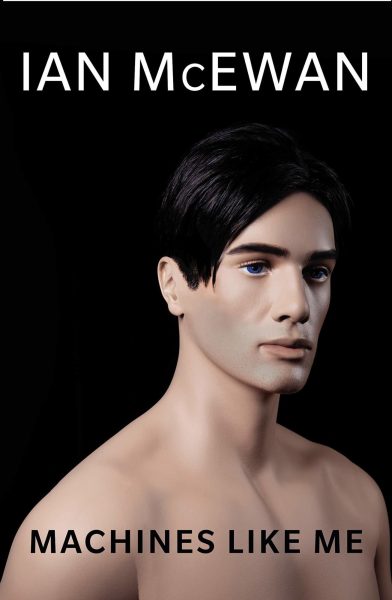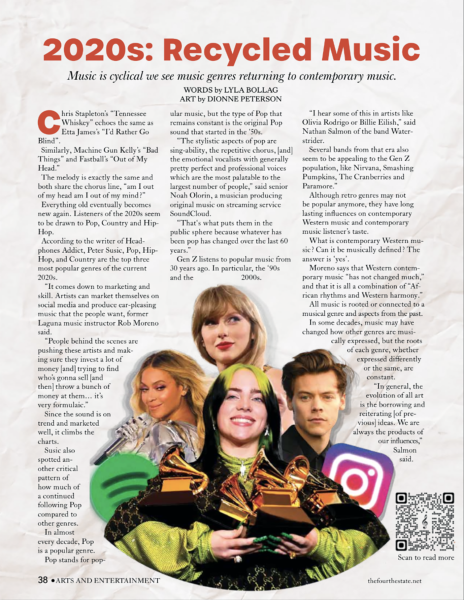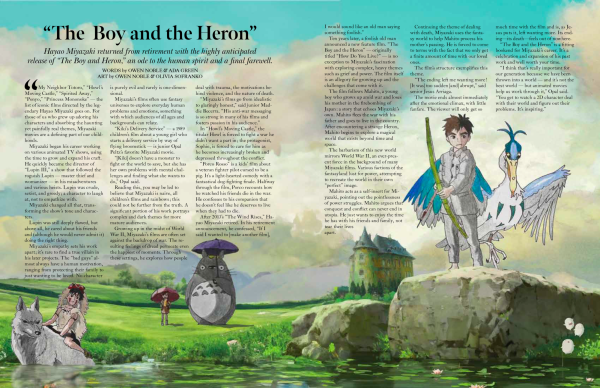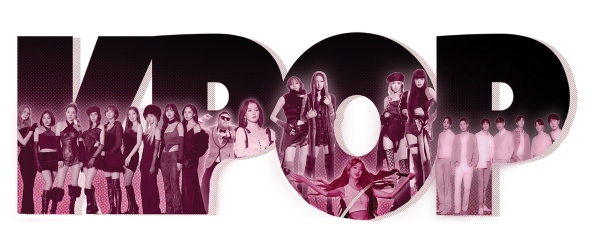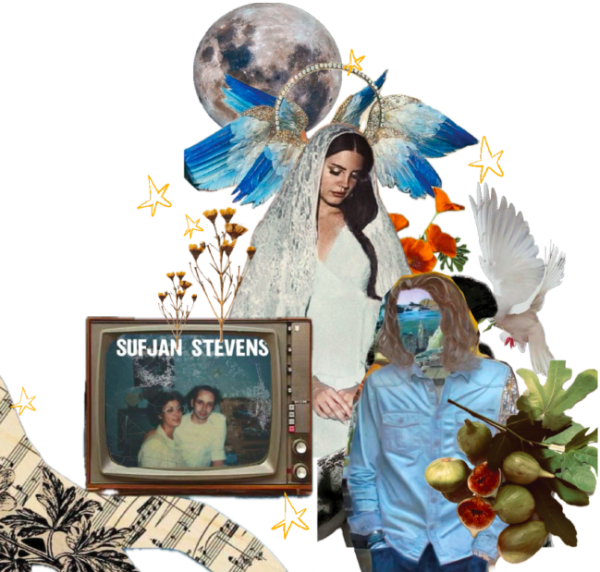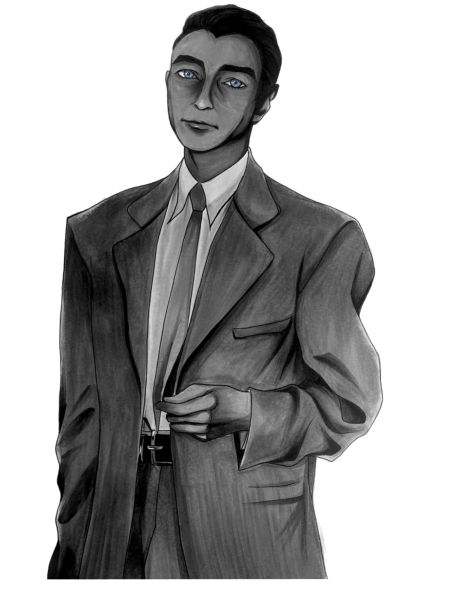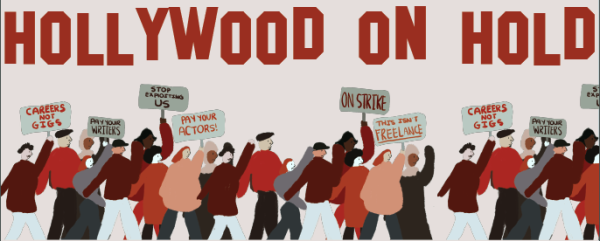Animation is Growing Up
May 16, 2017
Nearly three decades ago, “The Simpsons” aired its first episode and changed TV forever.
Before the airing of the now-classic program, the cartoon airwaves were dominated by children’s shows like “Ghostbusters,” “Alvin and the Chipmunks” and “G.I. Joe.”
“The Simpsons,” however, was the first of its kind: a mainstream animated sitcom geared toward a primarily adult audience. It ushered in a new wave of animated programming.
Two enduring animated shows for adults, along with “The Simpsons,” are “Family Guy” and “South Park.”
“Family Guy,” created by Seth McFarlane, is a comedy show that airs on Fox.
According to the network itself, the titular character and his family are “hilariously odd” and “endearingly ignorant.”
“South Park” airs on Comedy Central, and, rated TV-MA as opposed to “Family Guy’s” TV-14 or “The Simpsons’” usual TV-PG, it takes a more adult approach to TV comedy.
All of these comedies, while they certainly can be witty and satirical, are still just comedies. They — generally — lack a key storytelling element that brings drama and urgency to other shows: serialization.
Serialization is when the episodes of a show come together to tell a unified story instead of just being one-off events in an unchanged universe.
“South Park” recently delved into serialization, but retained the show’s levity. However, despite the success of these animated shows in the past, there’s a new wave of TV going in a new direction.
New animated programs are taking control of the mainstream airwaves, shows that are trying to bring more gravity to the traditional formula.
What may be the most popular of these new shows is “Rick and Morty,” which airs on Adult Swim and tells the story of a mad scientist and his grandson.
“Rick and Morty” has developed an incredibly strong fan base. Newfound lover of “Rick and Morty,” sophomore Sully Israel, said that he enjoys the show because “It combines normal ‘gross’ humor with more complicated scientific ideas while maintaining a sense of creativity paired with ingenuity.”
“Rick and Morty” features themes of suicide and depression, alcoholism, broken families and loneliness. It deals with these heavy topics in an animated format, which can make them more accessible for viewers.
Another animated show that strives for emotional depth is Netflix’s “BoJack Horseman.”
“BoJack Horseman” is about a severely depressed, drug-addled middle-aged ex-TV star from the ‘90s. The titular character is angry, bitter and very realistic — but he is also an animated horse.
“BoJack” is a prime example of how even the darkest of shows can be revived by animation. Despite the relentless pessimism of the show itself, the animation style stays bright and colorful, keeping viewers engaged.
Will this trend of emotional cartoons continue? Ratings are high, and the critics can’t get enough of them. We’ll have to wait and see where the shows go from here!







